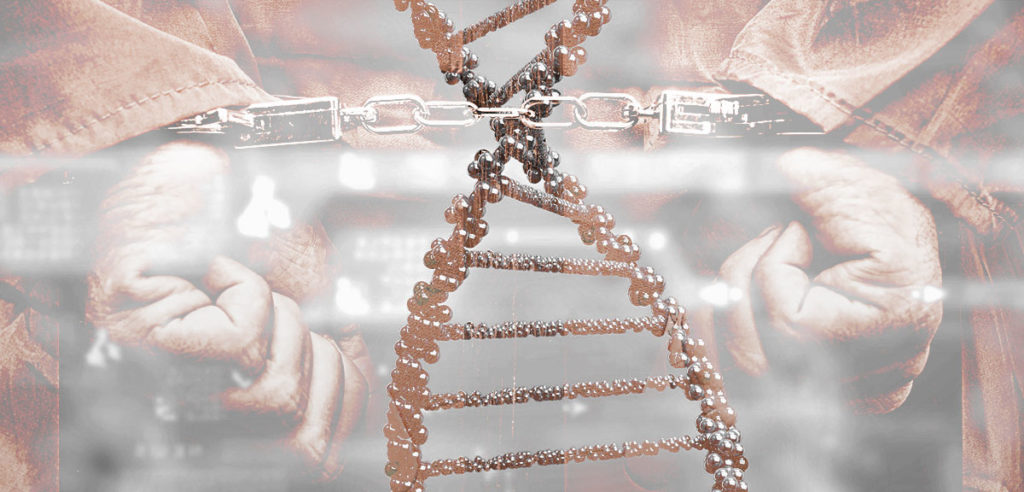A cold case that had stumped investigators for nearly 41 years was solved last month. The 1976 sexual assault and murder of Karen Klass, ex-wife of Righteous Brother’s singer Bill Medley, shocked her Hermosa Beach, CA community and captured the public interest. Failing to make any arrests for decades, detectives were able to use DNA evidence to eliminate suspects in 1999 but were unable to find a database match. In 2011, investigators decided to try a new technique called a familial search and, after a few attempts, successfully identified the perpetrator.

Familial searching (FS) involves taking a DNA profile obtained from a crime scene and comparing it to profiles in CODIS and other databases to identify male relatives. The DNA profile of an immediate family member, such as a sibling, parent or child, can provide a match that generates new leads for law enforcement. Detectives can then collect additional evidence to narrow down that new pool of individuals to a single suspect.
Last May I wrote a blog featuring a Q & A about FS provided by Mr. Rockne Harmon, a respected member of the forensic community and passionate advocate for FS. Supporters, like Harmon, and opponents agree that this method of obtaining matches to DNA evidence has demonstrated scientific precision and successful outcomes, as in the Klass case. However, it is still considered controversial and most states have not implemented specific policies regarding the application of FS to criminal investigations. So why isn’t the use of FS more widespread?
Continue reading “Familial Searching Solves Cold Cases—At What Cost?”